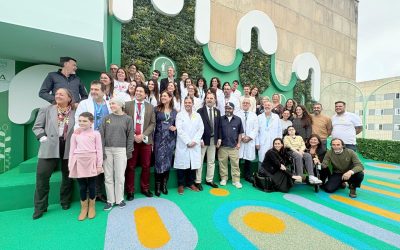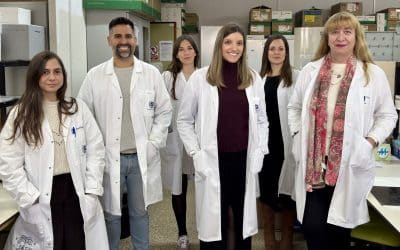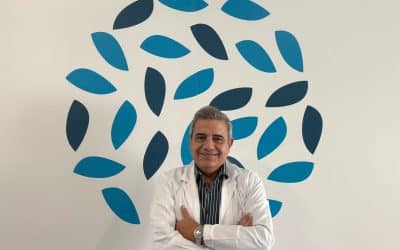The study of the compatibility between donor and recipient makes it possible to determine in advance possible rejections, their severity and the success rate in this type of intervention.
A team of researchers from the Biomedical Research Institute of Malaga and Nanomedicine Platform (IBIMA Plataforma BIONAND) and the Immunology laboratory of the Regional University Hospital of Malaga have developed, through a study in the journal ‘HLA: Immune Response Genetics’, a very advanced technology called ‘Next Generation Sequencing’, useful for the identification of these genetic mutations, which are booming techniques to be applied in clinical practice to improve clinical diagnostics or personalised treatments, among others.
One of the fields of greatest applicability of this type of genomic studies focuses on transplantation. Thanks to this technique, it is possible to closely visualise the genes that control the compatibility between donor and recipient of a transplant, as well as to see smaller details in human leukocyte antigens (HLA), a type of antigen made up of molecules found on the surface of almost all human tissue cells and white blood cells.
The research team's description of three new HLA alleles through next-generation sequencing' allows, in addition to improved analysis, allele assignment by reading the DNA sequences.
Scientists are constantly studying such genes to find differences or mutations that are key to predicting whether or not a transplant will be successful in advance.
The research group that has carried out this study is led by Alberto Torío, researcher of the ‘Haematology and Haematotherapy’ group, together with the immunologists Antonio Rodríguez and Laura Cabo, the participation of Isabel María Méndez, Lourdes Antequera and Rafael Recio, technical staff of the Immunology laboratory, and the supervision of Abelardo Caballero, head of the Immunology section, have analysed in this study DNA samples from patients who needed a transplant to describe mutations that affect donor-recipient compatibility.
On the other hand, this type of study is the result of the permanent collaboration of the scientific community at a global level, as it has been possible thanks to the consultation of records and the permanent interaction for the registration and nomenclature of the new alleles, with other databases in institutions of great relevance such as GenBank and the IPD-IMGT/HLA. Alberto Torio himself has stated that ‘the study of the human genome requires an effort to share, consult, verify and contrast with databases of enormous magnitude to better understand how these types of mutations work and, in this sense, how they can affect the anticipation of possible adverse events in patients who have to be transplanted’.
On the other hand, the team has recognised that the work in this field allows us to go deeper into aspects that improve the quality of life of people after receiving a transplant by reducing the number of adverse events after receiving the new organ, such as possible rejections, as well as the severity of these, which have a direct impact on graft survival.
This is a field of study of vital importance when taking into account that in Spain, according to the National Transplant Organisation (ONT), the total number of transplants has reached 5,861, a historic record in the country, making it, moreover, the world leader for the 32nd consecutive year. A transplant rate of 122.1 per million inhabitants.



